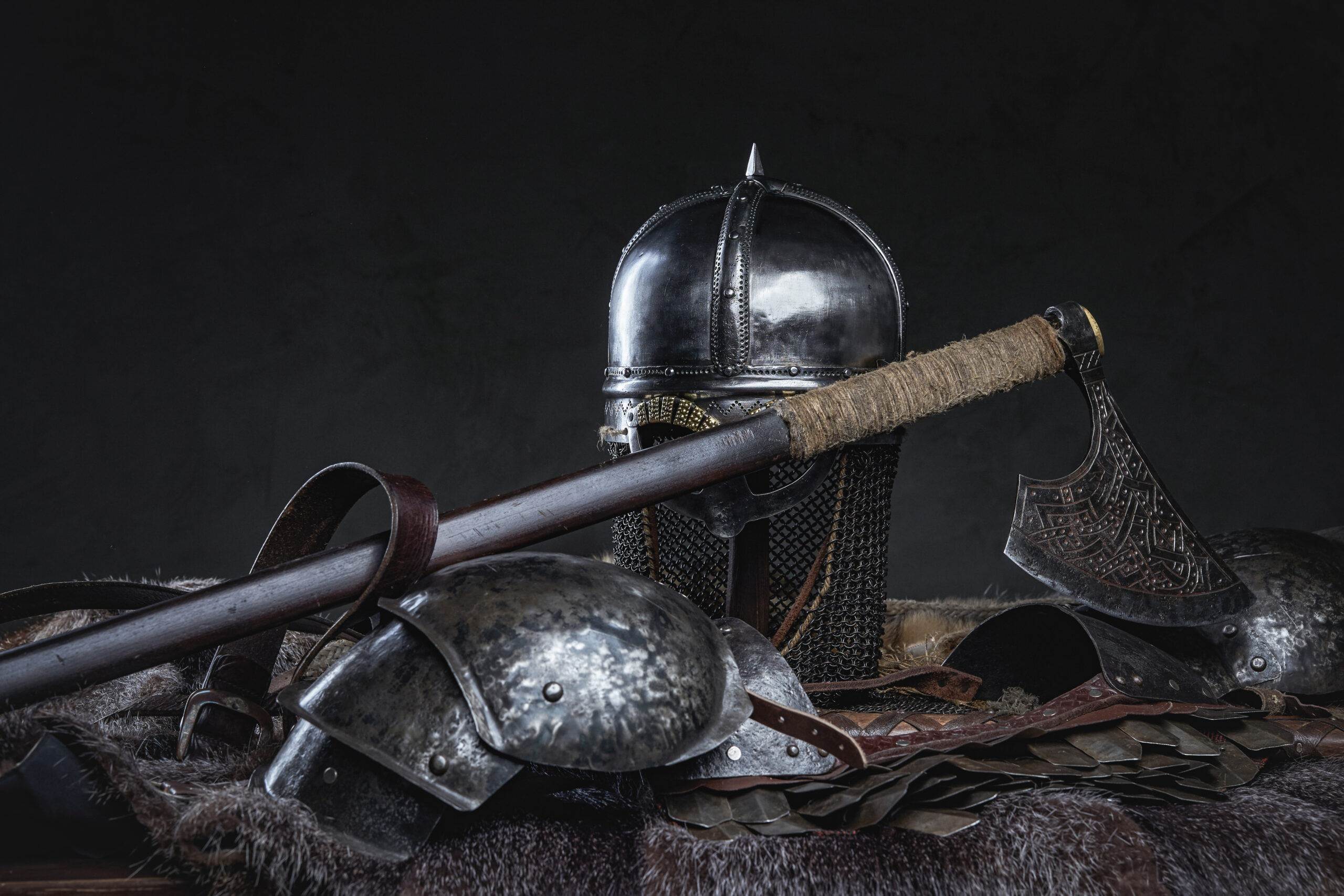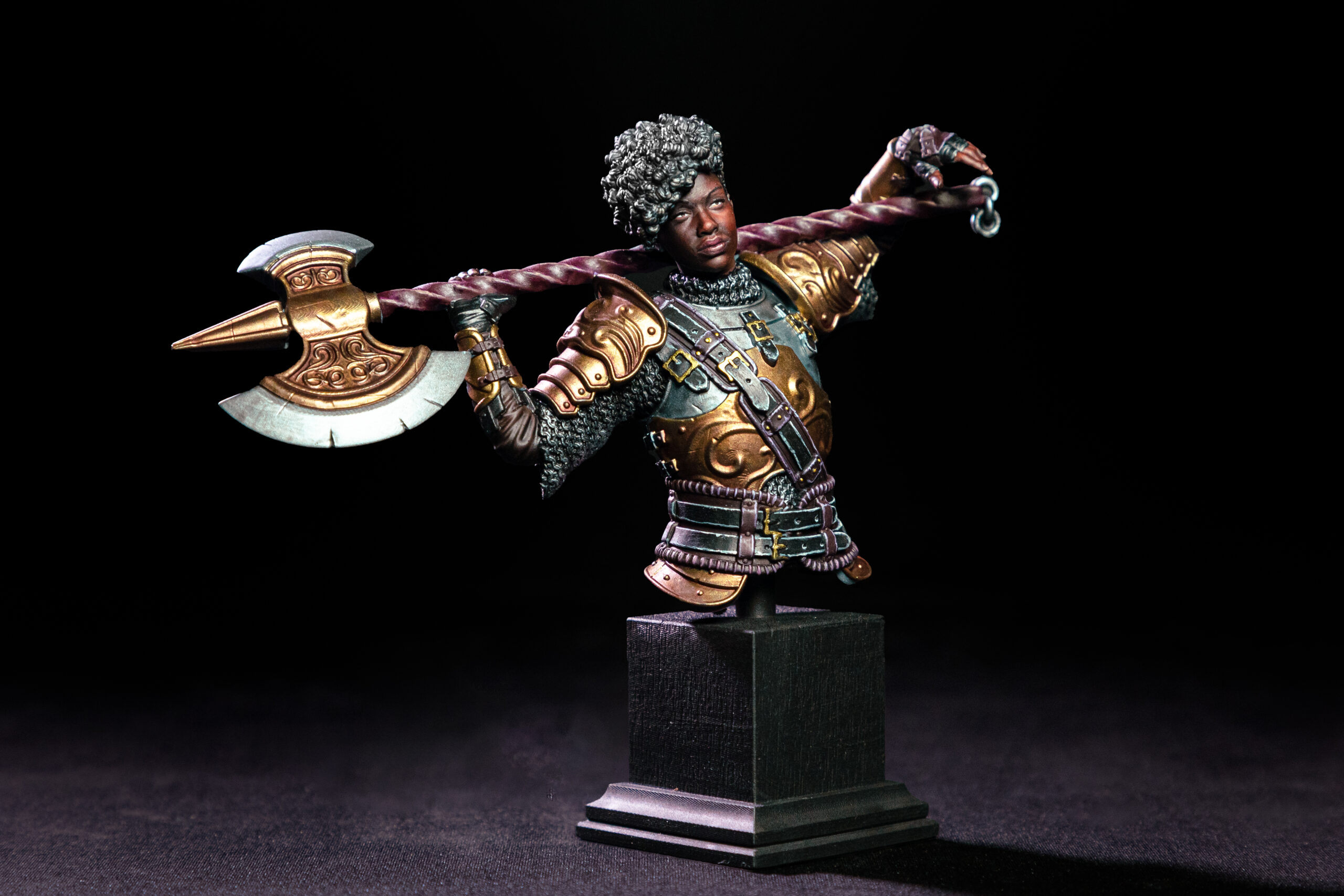How to Make NPCs Stand Out
Creating Memorable Non-playable Characters for Your RPG Campaigns

Players that like RPGs for the role-playing aspects of it often talk to every NPC they can, whether playing live or online. Meeting new characters, hearing their backstories, trying to outsmart them, and trying to solve their problems are all part of the fun. They’re a door to deep dive into the world the DM created for them. However, when NPCs are shallow, uninteresting, or just way too reticent, even these dedicated players might find the experience boring and skip entire quests just to rush into combat encounters. Sometimes, the DM is no exception either, leaving the interaction on an awkward foot, and struggling to create compelling NPCs that can highlight their carefully crafted story.
NPCs also help to ground players in the world, as these characters can have feelings, lives, and passions, and often make players feel the weight of their actions towards them (i.e. discourage them to butcher an entire village just to see what happens). They’re the DM’s direct voice, and to make this voice be heard it’s important that first, someone wants to listen to it. Creating compelling characters is a challenge on its own, but with the right guide, it can be as simple as doing a checklist and letting creativity flow. Here’s a quick guide on how to make an NPC stand out, and how to grab players’ interest, for either DMs or any creative individuals that love storytelling.
The Basics
When struggling to create a character, it’s best to start by reviewing the basics. There’s no shame in it, as even the most experienced storytellers need to check it once in a while, and a strong foundation makes for easier character development. The basics of character creation are covered, in detail, in the article, RPG: Character creation for dummies. It presents tools for character creation, teaches how to define a personality, explains why alignments make things more interesting, and why setting a goal for the character is so important. After that, characters will have a solid base to be put in-game as they are. The next step is to give these characters more depth and a more appealing presence.
Create a Recurring Cast
Meeting random NPCs that are gone after completing a quest is quite normal in RPGs. However, if the campaign has only temporary characters, it’s hard to believe that meeting anyone actually matters. Consequences may fall short, and trying to create bounds won’t be worth the effort since these NPCs won’t reappear later in the game. It doesn’t help that it’s easy to forget characters if the campaign’s sessions are too sparse, or if there are just too many NPCs to remember. To fix that, it’s best to create a few NPCs that will reappear from time to time.
When creating recurring characters, start by defining why players should meet them. Do they create a moment of relief? Are they merchants that provide new equipment? Do they represent a good encounter or a bad one? Do they drive the plot? Good NPCs are always useful to some degree, but creating a memorable recurring character also begs for an interesting personality, and quirks that will make players want to interact more, or make them miss that NPC. Think about good reasons to hang out with that NPC, and a few other reasons why they cannot stay longer. Players will better appreciate their company, look forward to the next time that they meet, and feel more invested to bond with these characters.
It’s a good tactic to give these NPCs some connections. Should players look for them when they need help? How influential are they? Can their connections aid the party? Tie different NPCs to different player characters and their stories, whenever possible. That creates a personal feeling that makes the player want to know more about that NPC and makes them feel their relationship is more special. Just remember that NPCs shine with present actions, and leave long backstories for players.
Add Charisma
Charisma adds another level of depth to characters, as it’s an independent factor from their morals, alignment, and goals (e.g. a cruel villain and a peaceful shopkeeper can be both incredibly charismatic), and there are three ways of achieving charisma in RPG:
- 1. The character acts in a charismatic way: this is up to the DM to define what they consider charismatic traits and act that way, as well as up to the players to perceive the character as charismatic. Although being the hardest option, it’s certainly the most fun for those that like to roleplay.
- 2. The world loves the character: their acts are not particularly amazing, but everyone seems to see them as charming and charismatic. If this world believes in it, players will likely believe it too. It’s a good alternative if the DM doesn’t want to actively roleplay this character.
- 3. The DM said so: period. The DM narrates how the party perceives the character, and players just have to follow that line. This is almost like giving direct knowledge to players about this character, without the need for interactions, and it’s similar to a perception check.
These methods can be complementary to one another and are just ways of delivering the same message. Charisma can be a wonderful tool to create more complex and morally gray characters. However, when defining the character’s traits, remember that charisma does not equal relatable, and vice versa. Players can grow attached to a character for being relatable, but that will be related to their flaws, choices, life story, and personal development. To bring more variety to NPCs, create a few characters that are out of your comfort zone.

Presentation Matters
Relevant NPCs should leave a cool impression on players, whether it’s epic, dramatic, or subtle. Their arrival can come with a different soundtrack or a unique way to speak with the party. Remember to describe their visuals, their outfit, and easy-to-spot mannerisms, as it will make them easier to recognize and remember later. NPCs don’t have to be humanoid. In fact, they don’t have to be alive either. Picture a spectral dragon giving quests to the party, guiding them to perform its rebirth. The fact that this NPC is not a generic wizard man can already capture the players’ attention. Keep in mind that variety makes for more memorable encounters, even with mainstream plots or one-shot campaigns. This includes species, classes, and everything else about a character.
The Beauty in Absence
Curiously enough, an NPC can be interesting without ever appearing in the game. Their absence in the story just makes it all the more intriguing, making players wonder if they’ll ever see them during the campaign, and get excited at finding out more about this character. It can be a presence that lingers, a god, a tale that marked the world and folks remember it to this day, or a person that the party should have met during a quest but disappeared moments before.
It’s important to settle this character as someone important to the world or to the quest while denying the party to directly interact with them. This type of character is often tied to interesting rewards and lore, so it’s best to keep their name appearing from time to time. On the other hand, it’s even better if the party happens to forget a bit about this character, only to suddenly find them right in front of them.
Character Miniatures
Usually, it’s easy to spot who’s important and who’s not in a story, be it in video games or other kinds of media. A character that has a unique avatar, a soldier with distinguished honorifics, or an actor with more screen time than the rest of the cast, all of that helps to separate them from the mob of characters that nobody should care about if they ever reappear or not. Truth be told, nothing stands out more for an RPG character than having their own figurine set on the table. Their physical representation signals players that they mean business, and this might come as a surprise depending on the situation (i.e. an NPC that joins the combat).
Also, everyone loves miniatures and can grow attached to them. It’s common nature to protect your mini, as seeing one disappear from the table when the character dies makes it all more dramatic. A figurine is missing, a life has been taken. NPC miniatures are no different, and their presence can make an impact on the party. Loot’s got every DM covered for all their NPC, player, and miniature needs, with a vast set of character miniatures, from humanoids to monsters, from fantasy to sci-fi. Raise the stakes of the next campaign and make players gasp with these incredible bundles.
Loot Studios can help you tell your story. Choose your favorite bundle from our previous releases or sign up for Fantasy or Sci-Fi to receive a new bundle every month. You can also check out some tips at our YouTube Channel.




